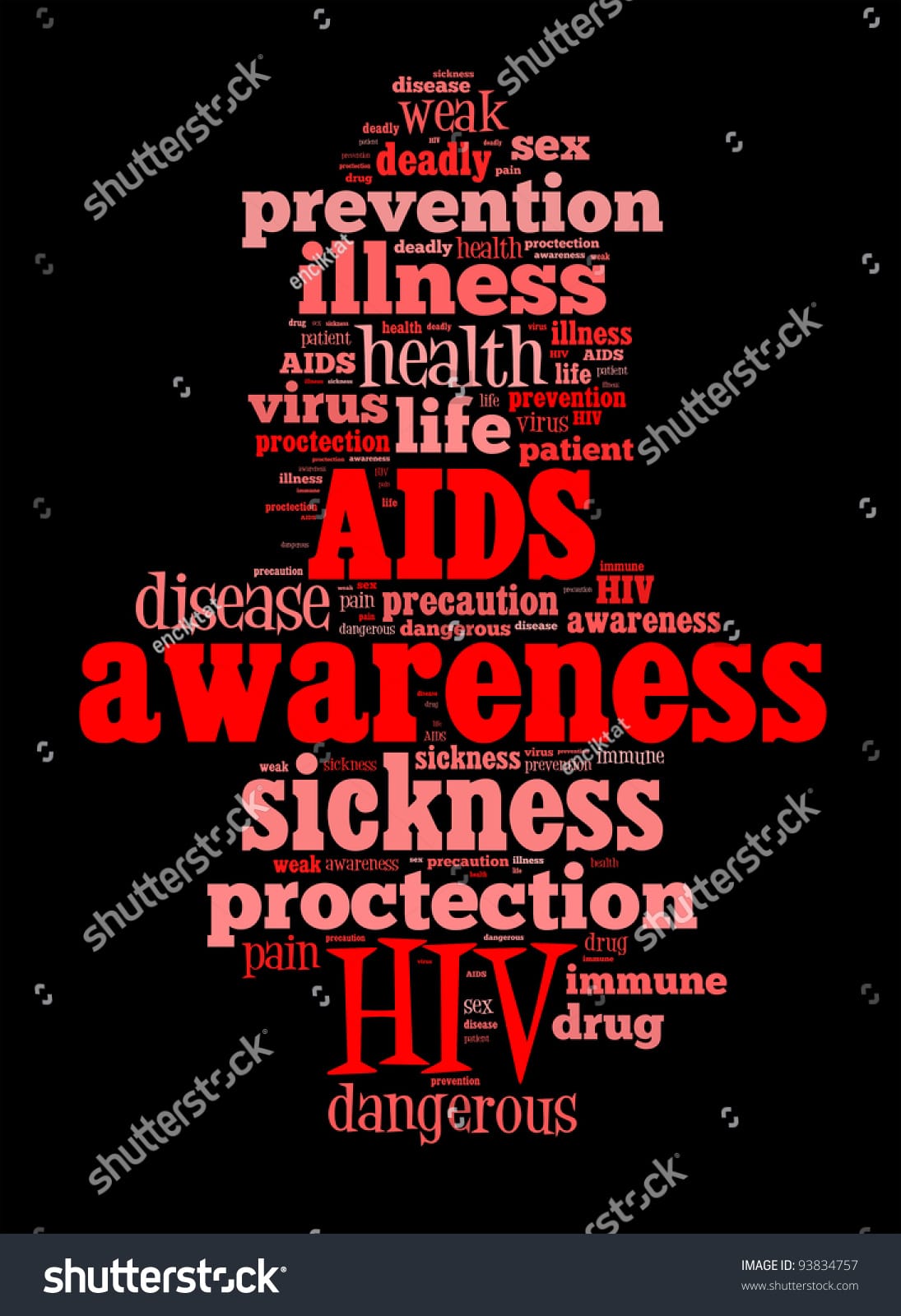Norovirus, often referred to as the “winter vomiting bug,” is a highly contagious virus that causes gastroenteritis, leading to inflammation of the stomach and intestines. Recent reports indicate a rise in norovirus cases, which has prompted health officials to issue warnings and guidance to the public. Understanding the symptoms of norovirus and adopting effective prevention measures can help mitigate the spread of this virus, particularly during peak seasons.
The symptoms of norovirus typically appear within 12 to 48 hours after exposure to the virus. Common symptoms include sudden onset of vomiting, diarrhea, stomach pain, and nausea. Some individuals may also experience fever, headache, and body aches. These symptoms can lead to dehydration, especially in vulnerable populations such as young children, the elderly, and those with weakened immune systems. It is crucial for individuals experiencing these symptoms to remain hydrated and seek medical attention if symptoms worsen or do not improve.
Norovirus is primarily transmitted through the fecal-oral route, which can occur in various ways. One of the most common methods of transmission is through contaminated food or water. This can happen when food is prepared by someone who is infected with the virus or when food is washed with contaminated water. Additionally, norovirus can spread through direct contact with an infected person or by touching surfaces and objects contaminated with the virus, such as doorknobs, countertops, and utensils.
To prevent the spread of norovirus, individuals should adhere to several key hygiene practices. Handwashing is one of the most effective ways to reduce the risk of infection. It is essential to wash hands thoroughly with soap and water for at least 20 seconds, especially after using the restroom, before preparing food, and before eating. Alcohol-based hand sanitizers may be helpful, but they should not be relied upon as the sole method of hand hygiene, as they are less effective against norovirus.
In addition to proper hand hygiene, it is important to ensure that food is prepared and cooked safely. Individuals should wash fruits and vegetables thoroughly and ensure that seafood is cooked to the appropriate temperature. It is also advisable to avoid consuming raw or undercooked shellfish, as they can be a source of norovirus.
Cleaning and disinfecting surfaces that may be contaminated is another crucial step in preventing the spread of norovirus. Surfaces should be cleaned with a mixture of bleach and water, as this is effective in killing the virus. High-touch surfaces, such as bathroom fixtures, kitchen counters, and doorknobs, should be cleaned frequently, especially during outbreaks.
During norovirus outbreaks, it is advisable to avoid close contact with individuals who are infected. If someone in a household is diagnosed with norovirus, it is important to isolate them as much as possible and to practice enhanced hygiene measures throughout the home. This includes washing linens and clothing that may have come into contact with the infected person and ensuring that shared spaces are regularly disinfected.
Public health officials also emphasize the importance of staying home when experiencing symptoms of norovirus. Individuals should avoid going to work, school, or public places until at least 48 hours after symptoms have resolved. This helps to prevent further transmission of the virus to others.
In healthcare settings, strict infection control measures are implemented to prevent the spread of norovirus among patients and staff. This includes isolating affected patients, enhancing cleaning protocols, and monitoring for symptoms among healthcare workers.
As norovirus cases continue to rise, public awareness and education are vital in reducing the impact of this virus on communities. By understanding the symptoms and implementing effective prevention strategies, individuals can play a significant role in curbing the spread of norovirus and protecting themselves and others from infection.
In conclusion, the rise in norovirus cases serves as a reminder of the importance of hygiene and preventive measures. By practicing good hand hygiene, ensuring safe food preparation, and maintaining clean environments, individuals can significantly reduce their risk of contracting norovirus. Staying informed about the symptoms and taking proactive steps can help safeguard personal and public health during outbreaks of this highly contagious virus.


